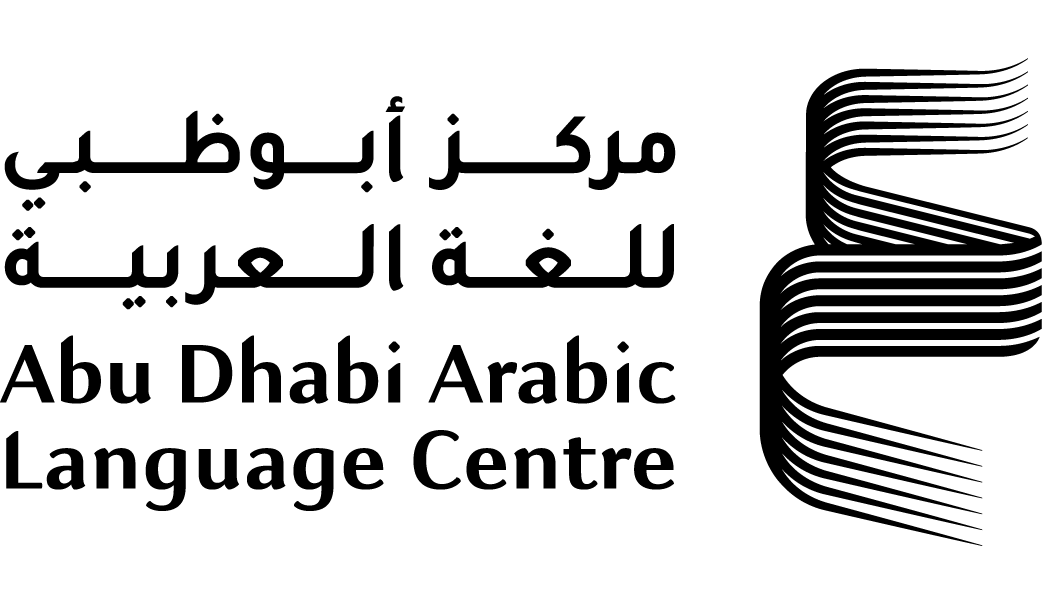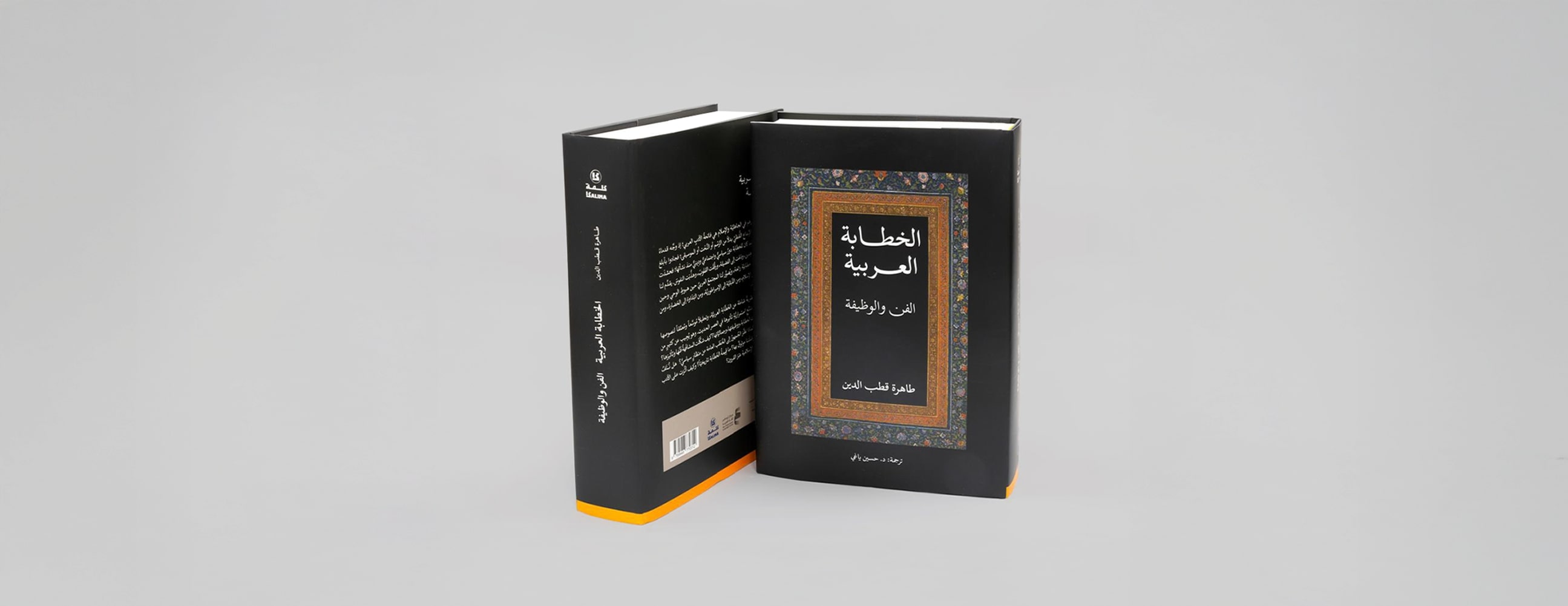As part of the Kalima Project for Translation, the Abu Dhabi Arabic Language Centre (ALC) has published the Arabic edition of the book 'Arabic Oratory: Art and Function' by Professor Tahera Qutbuddin. The book was translated from English to Arabic by Dr. Hussein Yaghi and reviewed by Dr. Bilal Orfali.
The book offers a comprehensive study of Arabic oratory, one of the most notable forms of rhetorical expression in Arab heritage. It traces the development of the tradition from the pre-Islamic era through to the early Abbasid period, examining its aesthetic qualities as well as its social, political and religious functions.
Taking a multidisciplinary approach, Professor Qutbuddin draws on theories of orality and rhetoric, alongside critical, linguistic and anthropological methodologies. This framework enables a detailed analysis of sermon structures, their sources, methods of memorisation, modes of transmission and the performative context between preacher and audience.
The book explores how Arabic oration transformed from an oral narrative tradition into a rhetorical medium capable of shaping collective consciousness. It surveys a range of oratorical forms, from the rhymed pronouncements of soothsayers, often introduced with oaths by natural elements, to sermons promoting asceticism and piety, to women’s speeches grounded in the authority of lineage and kinship, and, finally, political rhetoric, which evolved from a forum for dialogue into a mechanism of domination.
Qutbuddin provides a precise critical analysis of the Arabic sermon’s rich rhetorical fabric, examining its structural, aesthetic and historical dimensions. She illustrates how the sermon’s rhythmic and oral features contributed to its preservation and transmission across generations. The book is a essential reference for scholars of Arabic literature, Islamic studies, and political thought, offering valuable insights into the role of oration in shaping modern religious and political discourse.
The work also introduces readers to the evolution of Arabic as a language of persuasion and influence, and provides a lens through which to examine the function of language in different social contexts. By classifying sermons according to their purpose and setting, the author establishes a rigorous analytical framework for a genre that has long been neglected in modern studies, while revealing its continuity in contemporary religious and political discourse.
Professor Tahera Qutbuddin is a scholar of Arabic literature and Islamic studies at the University of Chicago in the US. Born and raised in Mumbai, she pursued studies at Ain Shams University in Egypt before completing her graduate education at Harvard University in the United States.
Her research focuses on the intersection of literature, religion, and politics, with attention to Islamic oratory, classical Arabic poetry and Qur’anic exegesis. Her other publications include 'Al-Mu'ayyad al-Shīrāzī and Fatimid Da'wa Poetry'. She has also translated several classical and Islamic texts, including 'Al-Shihab wa Dustur Ma'alim al-Hikma' and (Light in the Heavens: Sayings of the Prophet Muhammad), in addition to publishing numerous scholarly articles in international peer-reviewed journals.
The translator, Hussein Yaghi, is a linguist and translation scholar with academic degrees from the universities of Jordan, Kansas, and Oakland. He has taught at institutions across the Arab world, the West, and Asia. Known for his interest in computational linguistics, Dr. Yaghi has made notable contributions to education and language programming.
His literary translations span a wide range of genres and include works such as 'The Seagull', 'Christian Antiquities in Jordan', and a collection of short stories by American author Ernest Hemingway.
![alc-default-cursor]()

